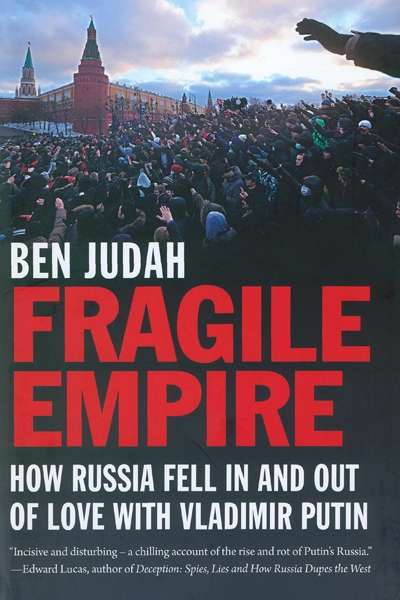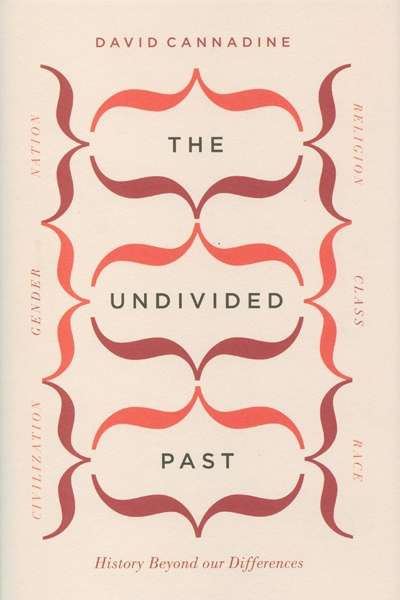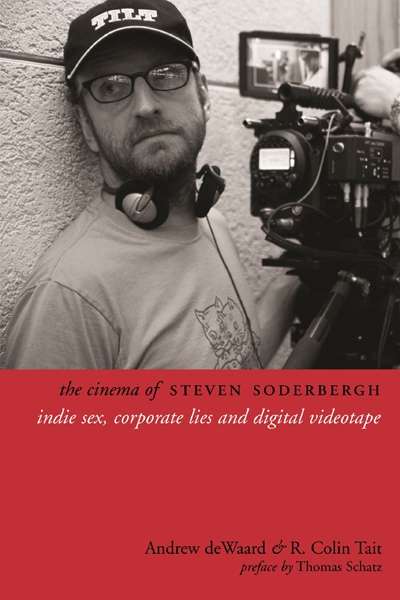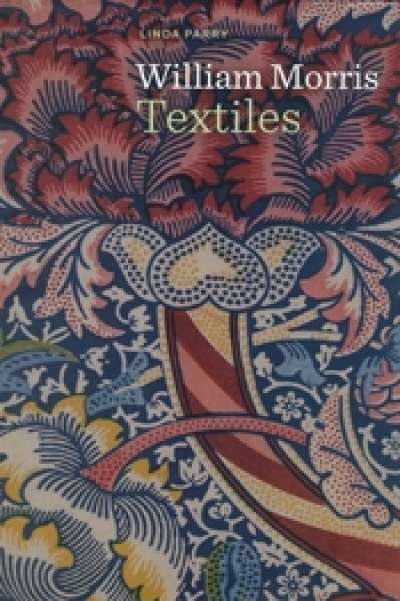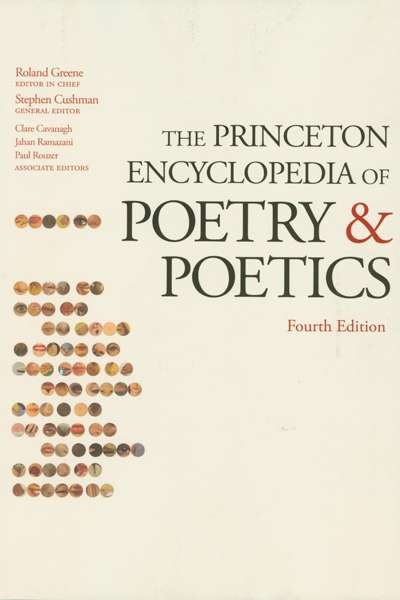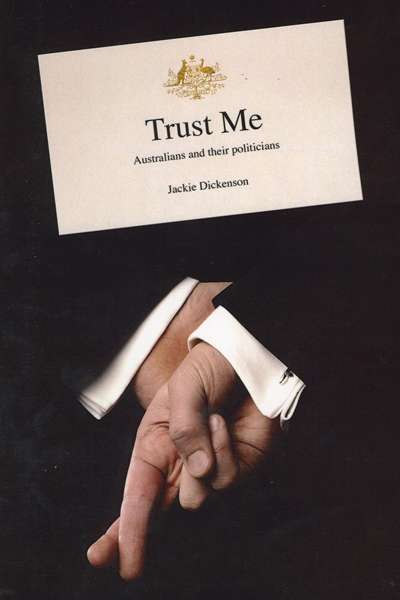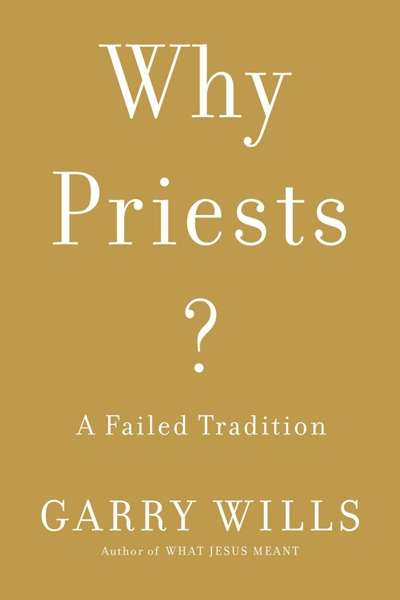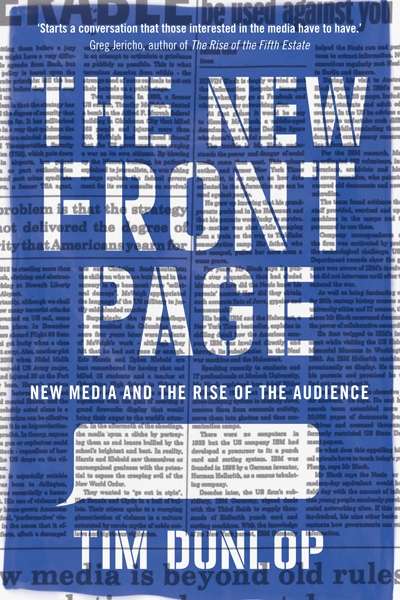Non Fiction
Fragile Empire: How Russia Fell in and out of Love with Vladimir Putin by Ben Judah
On 18 July 2013the Russian opposition figure Alexei Navalny was sentenced to a five-year jail term on corruption charges. Navalny, in a speech to the court castigating the dispensation which has emerged in Russia since Vladimir Putin first became president in 2000, attacked a ‘system of power in which 83 percent of the country’s wealth is in the hands of half of one percent of the population’. Widely held to be the result of political persecution by the Kremlin, Navalny’s conviction was condemned inside and outside Russia.
... (read more)The Undivided Past: History Beyond our Differences by David Cannadine
David Cannadine is a distinguished transatlantic historian, the author of books on modern Britain and its empire, the biographer of G.M. Trevelyan and Andrew Mellon, and he recently wrote a perceptive account of the persistent anxiety over school history. An iconoclastic thinker and urbane stylist ...
... (read more)The Cinema of Steven Soderbergh: Indie Sex, Corporate Lies, and Digital Videotape by Andrew deWaard and R. Colin Tait
In many ways, Steven Soderbergh could be described as an exemplary postmodern film-maker: smart, prolific, and pragmatic, at ease with Hollywood blockbusters and low-budget experiments alike. He knows enough about the nuts and bolts of technique to serve as his own cinematographer, and enough about the science of deal-making to sustain a parallel career as a producer (thirty films and counting, including such notable titles as Todd Haynes’s Far from Heaven [2002]).
... (read more)Of the innumerable books on the design work of William Morris (1834–96) that have appeared since the 1980s, the one that has remained the best and most informative is Linda Parry’s William Morris: Textiles (1983), published early on in her career as a curator at the Victoria and Albert Museum. Since then, there has been much new research on Morris and many exhibitions of his work (at least six in Australia alone). In 1996 he was the subject of a centenary retrospective at the V&A, for which Parry was the curator and editor of the exhibition book. Two major biographies by Fiona MacCarthy – William Morris: A Life for our Time (1994) and The Last Pre-Raphaelite: Edward Burne-Jones and the Victorian Imagination (2011) – add substantially to our understanding of Morris and his firm, Morris & Co. Interest in this remarkable Victorian – poet, novelist, artist, socialist reformer – appears to be stronger than ever, and demand for Morris-designed textiles and wallpapers is insatiable; many remain in production either as reproductions or adaptations. This new, extensively updated and rewritten version of William Morris: Textiles benefits from all these later publications and exhaustive new research, deftly contextualised by Parry.
... (read more)Judy Johnson’s sixth collection of poetry brings us a strong range of closely observed, powerful poems. As the title suggests, they are all linked together by elemental themes: the apparent solidity of stone, the persistence of scar tissue, the promises of air, and the complex gifts of water. In their often very ...
The Princeton Encyclopedia of Poetry and Poetics, Fourth Edition edited by Roland Greene et al.
It’s not just history that is written by the victors, but the encyclopedias, too. The eighteenth-century encyclopedias, such as Diderot’s Encyclopédie, were the projects of emergent superpowers, evidence of both the Enlightenment dream of universal knowledge and burgeoning colonial impulses ...
... (read more)Trust Me: Australians and their Politicians by Jackie Dickenson
‘Trust’ between voters and their elected representatives must seem rather arbitrary to politicians, whose success depends on its maintenance. Our simplistic expectations of honesty are belied by the ways in which our subconscious perceptions are herded into different narratives ...
Garry Wills is a distinguished American historian whose writings over the past twenty years or so on the frailties of the Catholic Church, notably in such books as Papal Sin: Structures of Deceit (2000) and Why I Am a Catholic (2002), have provided stinging critiques of the institution to which he still steadfastly belongs. His new book, Why Priests? A Failed Tradition, continues the theme by rejecting the validity of the very idea of the Catholic priesthood. And if this is not sufficiently radical, Wills’s subversion of the priesthood also involves a critique of the doctrine of the Real Presenceof Christ in the Eucharist, the status of the sacraments, of mainstream accounts of the Atonement, and of the standing of Paul’s Epistle to the Hebrews.
... (read more)The New Front Page: New Media and the Rise of the Audience by Tim Dunlop
Ten years ago, if you moved in certain journalistic circles, calling yourself a blogger was about as popular as leprosy. Few in the industry had respect for the platform, and fewer still would have read your work. Print journalists seemed divided on whether blogging was a joke or a threat. Either way, it was a sure-fire way to end a conversation fast. But the digitisation of the media and its attendant upheaval of the newspaper business model changed everything. The occupational clichés of ink-stained fingers and the printing press were swiftly replaced with scrolling RSS feeds and the ubiquity of smartphones, constantly aglow. Circulation figures – and the dubious methods used to calculate them – were deemed irrelevant. Page views and time-stamps became the new metrics of an article’s (or an author’s) worth.
... (read more)Rendezvous with Destiny: How Franklin D. Roosevelt and Five Extraordinary Men took America into the War and into the World by Michael Fullilove
Michael Fullilove, head of the Lowy Institute, has written about President Roosevelt and the men who helped him to guide the US so reluctantly into World War II. Dennis Altman reviews this model of academic research.
... (read more)
